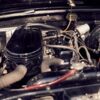Maintaining your car might seem straightforward, but there are plenty of misconceptions that can lead to costly mistakes. Whether it’s about oil changes, fuel choices, or other essential maintenance tasks, many drivers believe myths that aren’t entirely true. Understanding the facts can help keep your vehicle in better shape and save you money in the long run. Here are 19 common misunderstandings about car maintenance that everyone should know.
Contents
You Need to Warm Up Your Car Before Driving
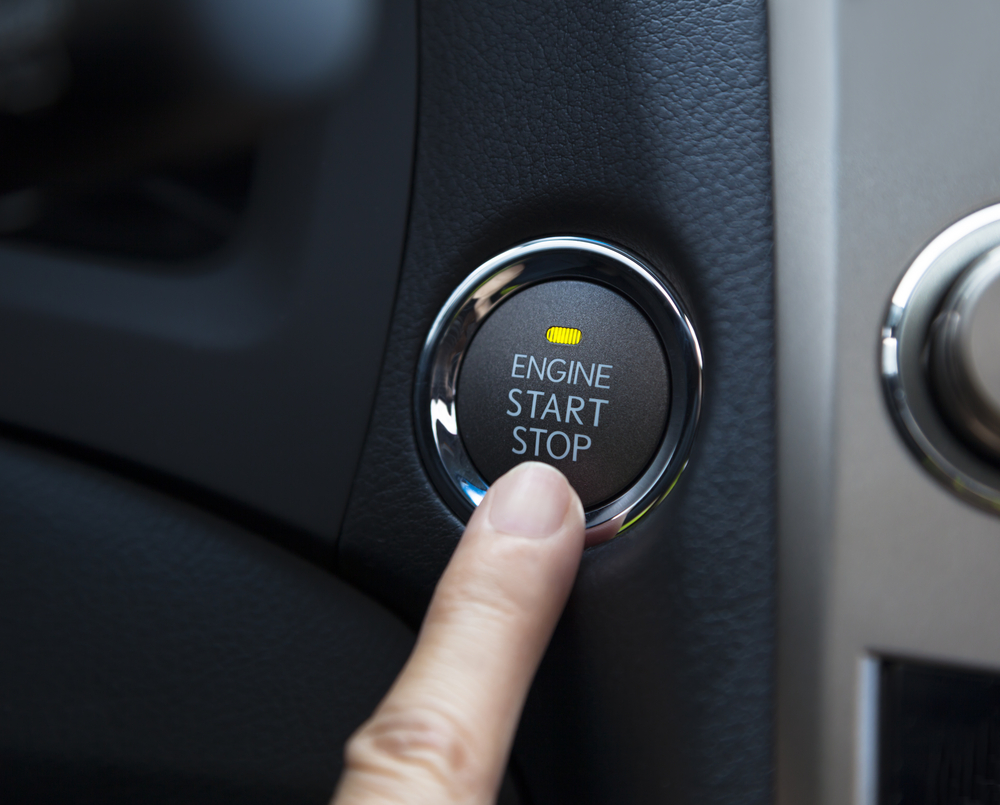
A common belief is that cars need to idle for several minutes before driving, especially in cold weather. Modern vehicles, however, are designed to be driven shortly after starting. Extended idling wastes fuel and can increase engine wear over time. Instead, driving gently for the first few minutes allows the engine to warm up faster and more efficiently.
Premium Fuel Is Always Better
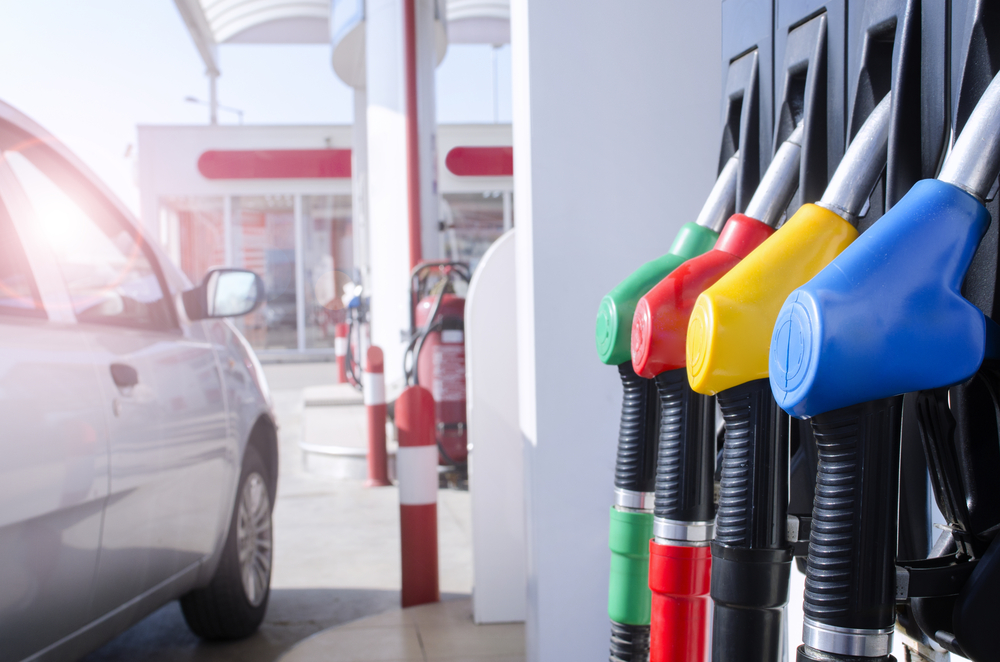
Many people think premium fuel is superior for any car, but that’s not always the case. Most vehicles are designed to run on regular fuel, and using premium gas won’t improve performance unless your car specifically requires it. In fact, using high-octane fuel in a car that doesn’t need it is just wasting money. Always check your owner’s manual to see what fuel is recommended for your vehicle.
Oil Changes Are Required Every 3,000 Miles
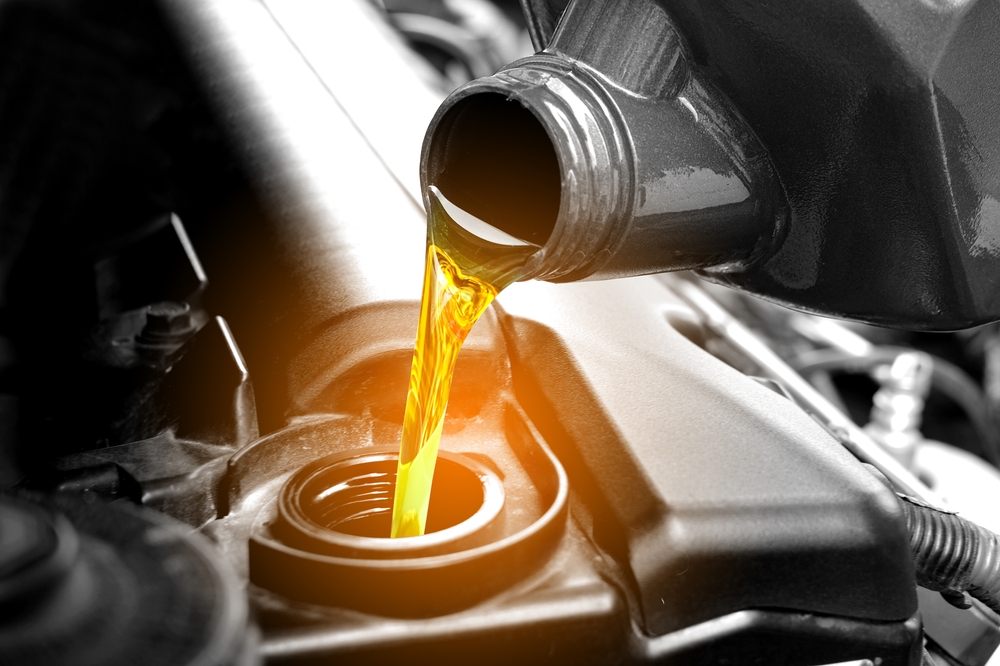
The 3,000-mile oil change rule is outdated. Advances in oil and engine technology allow modern cars to go 5,000 to 7,500 miles or more between oil changes. It’s best to follow the manufacturer’s recommendation listed in your vehicle’s manual rather than sticking to the old standard. This will save you time and money without compromising engine performance.
Car Batteries Always Last Five Years
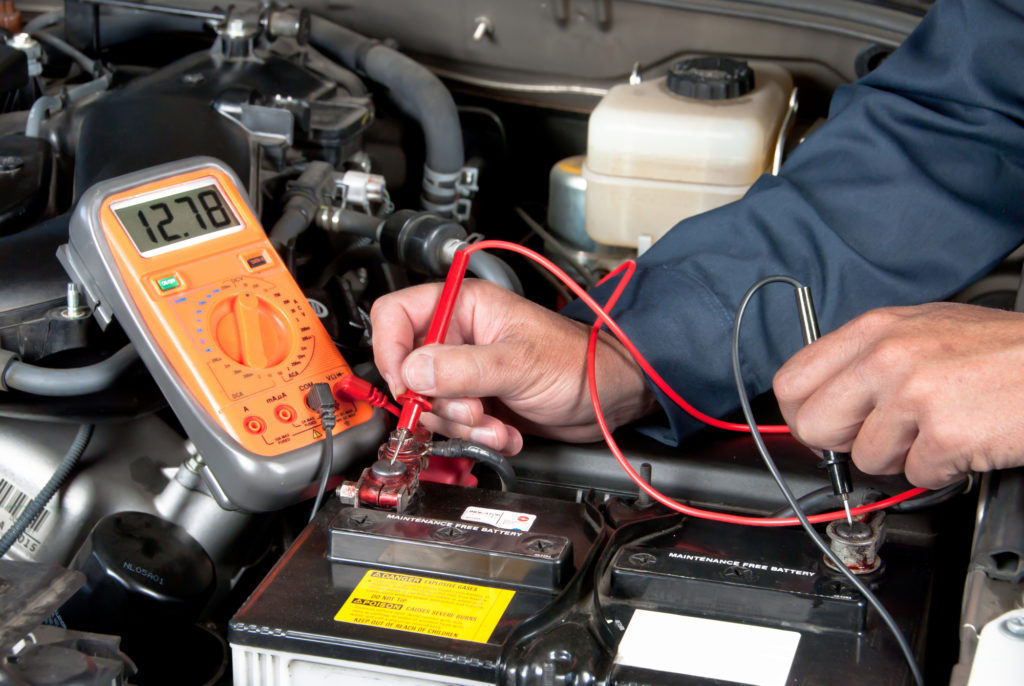
The lifespan of a car battery isn’t set in stone at five years. Factors like driving habits, climate, and the type of vehicle can cause a battery to wear out sooner or last longer. Extreme weather conditions, especially heat, can significantly shorten battery life. Regularly testing your battery’s health can prevent unexpected breakdowns, even if it hasn’t hit the five-year mark.
Tire Pressure Isn’t That Important
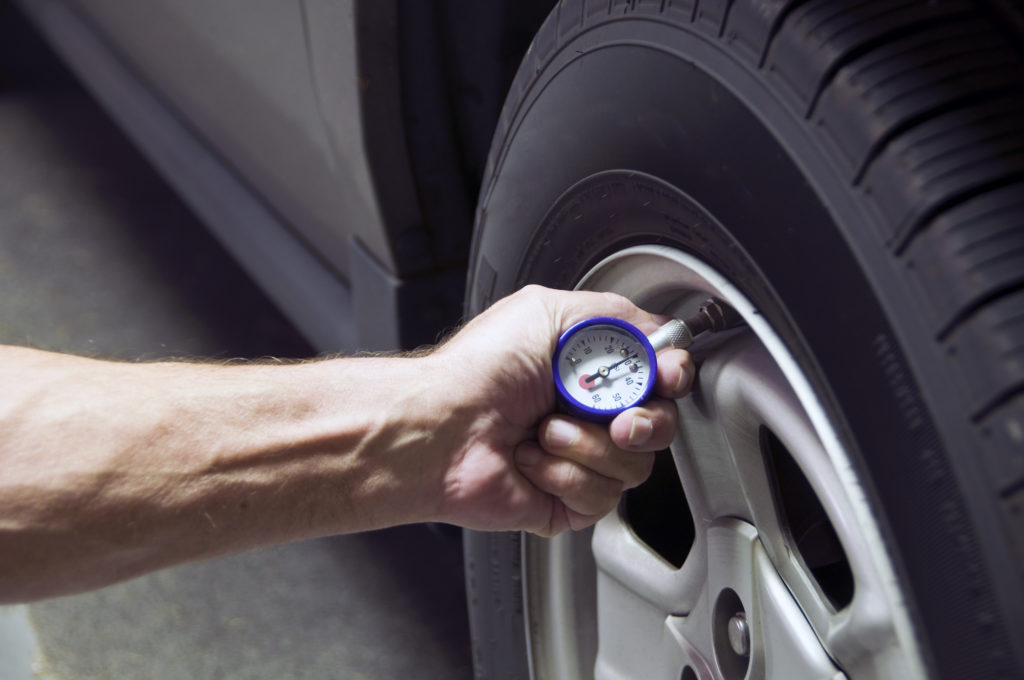
Some drivers overlook tire pressure, not realizing its critical role in fuel efficiency, tire longevity, and safety. Under-inflated or over-inflated tires can lead to uneven wear, poor handling, and even blowouts. Checking your tire pressure monthly and maintaining it at the manufacturer’s recommended level ensures optimal performance and safety. It’s a simple habit that can save you money and keep you safer on the road.
Air Filters Only Need Changing Once a Year
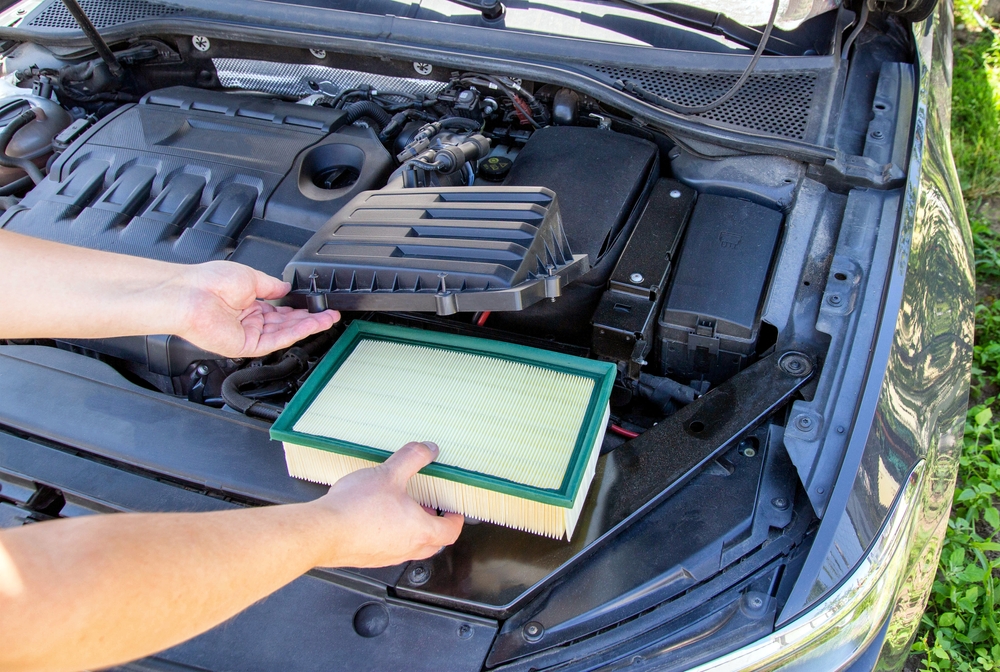
Air filters are often neglected in regular maintenance schedules, but they play a crucial role in engine efficiency. Waiting an entire year to change your air filter might be too long, especially in areas with dusty or polluted environments. A dirty filter can reduce airflow, decrease fuel efficiency, and even increase emissions. It’s wise to check your air filter regularly and replace it as needed.
Brake Fluid Doesn’t Need to Be Replaced
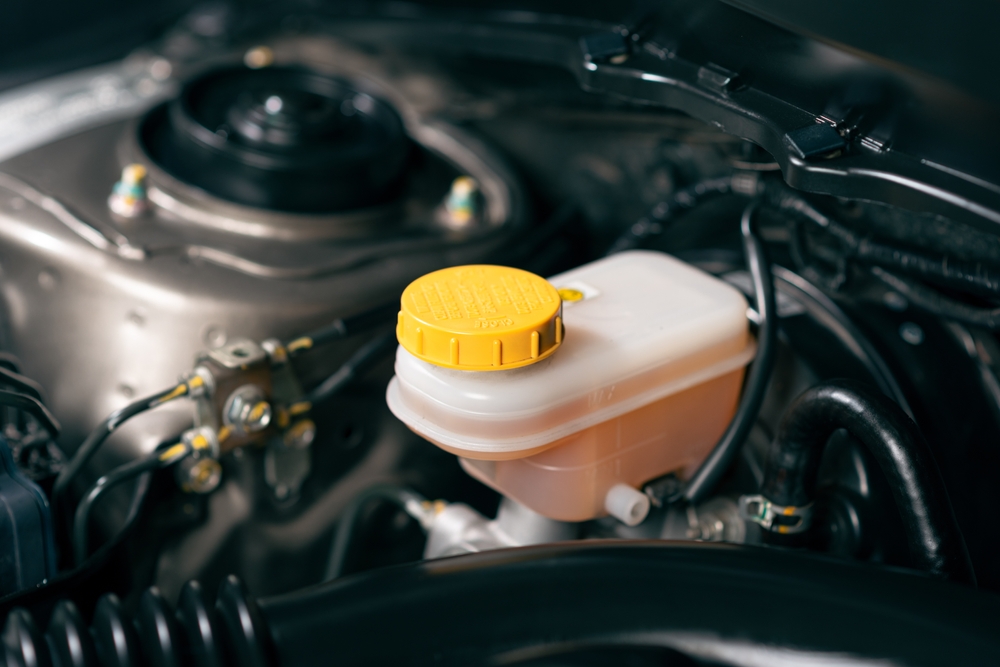
Many car owners assume brake fluid is a permanent fixture, but it can degrade over time by absorbing moisture from the air. This reduces its effectiveness and can lead to corrosion in the braking system. Most manufacturers recommend replacing brake fluid every two to three years to ensure maximum braking performance and safety. Neglecting it could result in dangerous brake failure.
Antifreeze Is Only for Winter
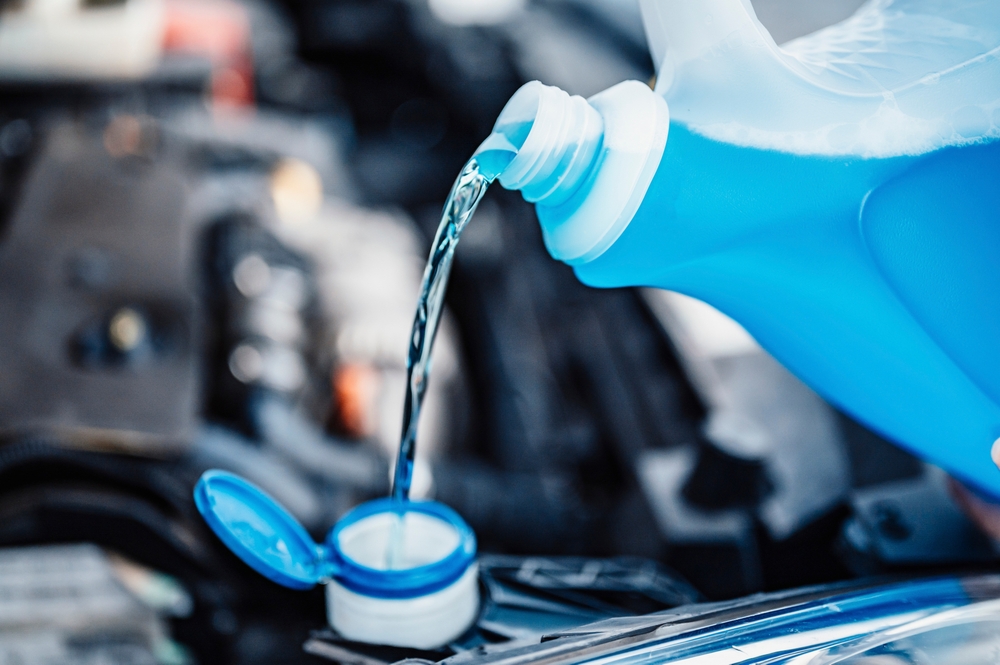
Contrary to its name, antifreeze isn’t just for cold weather. This fluid, also known as coolant, is essential year-round for regulating engine temperature, preventing both overheating in the summer and freezing in the winter. Regularly checking and maintaining coolant levels can help you avoid engine damage no matter the season. It’s a vital part of your car’s cooling system that shouldn’t be ignored.
You Can Rotate Tires Whenever
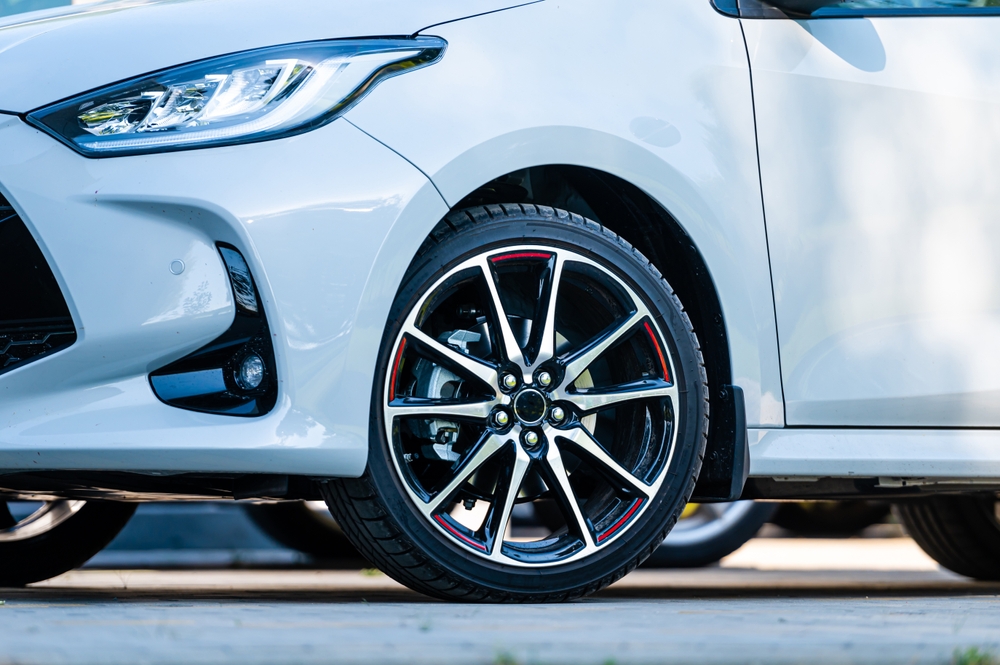
Tire rotation is a key part of extending tire life, yet many people delay it unnecessarily. Regularly rotating your tires, ideally every 5,000 to 7,500 miles, ensures even tread wear and better performance. Without proper rotation, tires wear unevenly, which can shorten their lifespan and affect the handling of your car. Sticking to a regular rotation schedule saves money and keeps your car safer on the road.
Spark Plugs Rarely Need Replacing
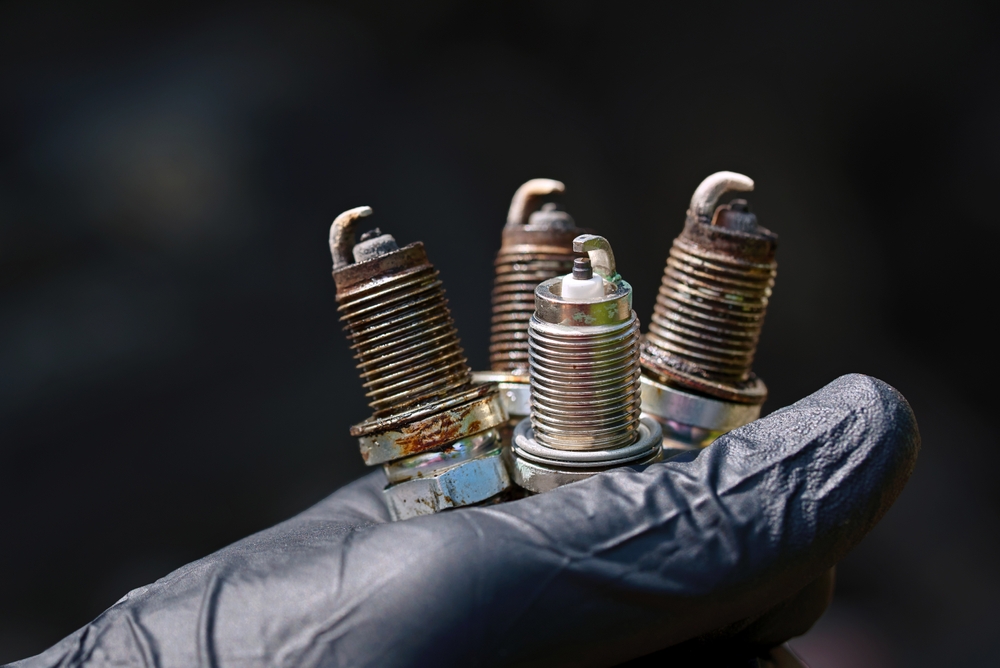
Though spark plugs can last for many thousands of miles, they aren’t lifetime components. Worn-out spark plugs can cause engine misfires, reduced fuel efficiency, and even difficulties starting the car. Replacing them as recommended in your owner’s manual helps maintain engine performance. While modern spark plugs can last up to 100,000 miles, they still require periodic checks.
It’s Okay to Ignore Dashboard Warning Lights
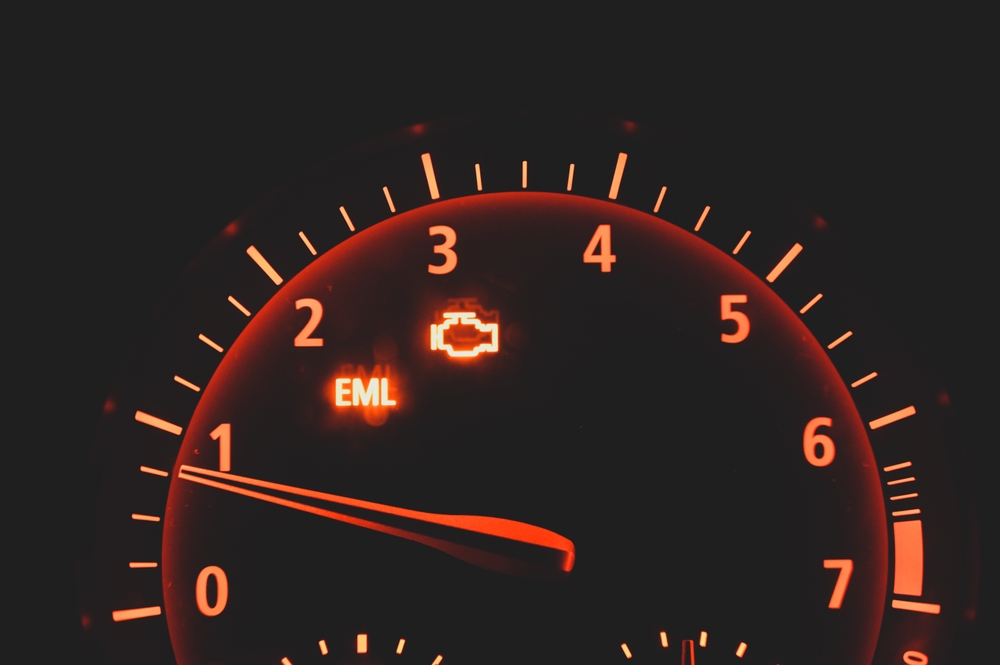
It’s tempting to ignore a flashing dashboard warning light, but those indicators serve an important purpose. Whether it’s the check engine, oil pressure, or brake light, these alerts often signal underlying issues that need immediate attention. Ignoring them can lead to more serious damage or even dangerous driving conditions. It’s always better to investigate warning lights sooner rather than later to avoid costly repairs.
Wheel Alignment Isn’t Important
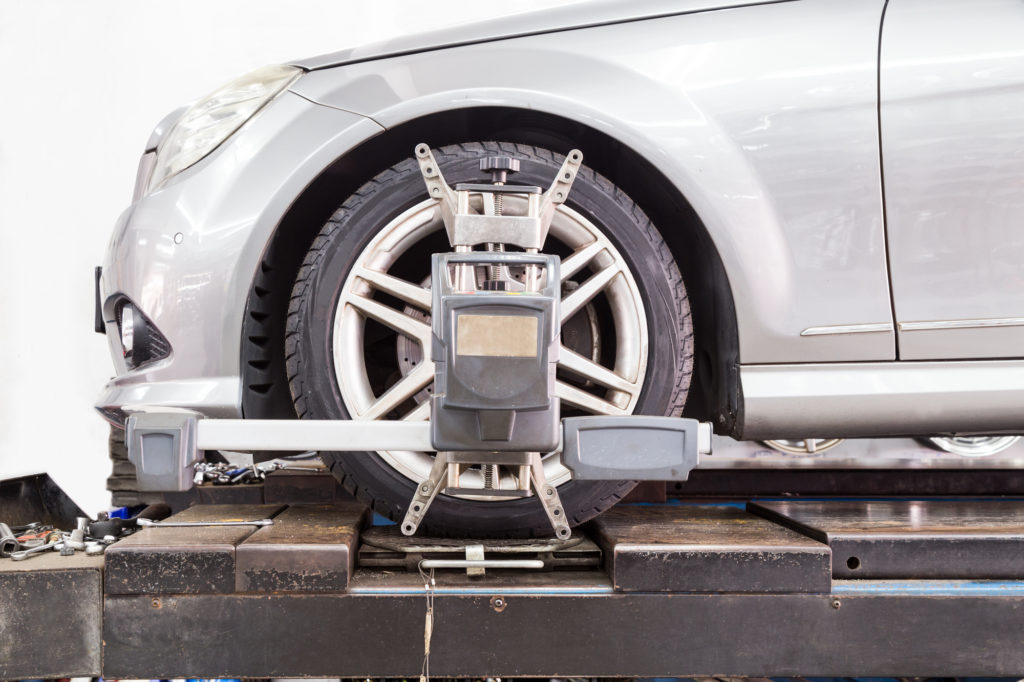
Many drivers don’t realize how essential proper wheel alignment is to tire life and vehicle performance. Misaligned wheels can cause uneven tire wear, poor fuel efficiency, and difficult handling. Everyday occurrences like hitting a pothole or curb can throw off your alignment. Getting it checked regularly ensures smoother driving and saves money by extending tire life.
All-Season Tires Work in Every Condition
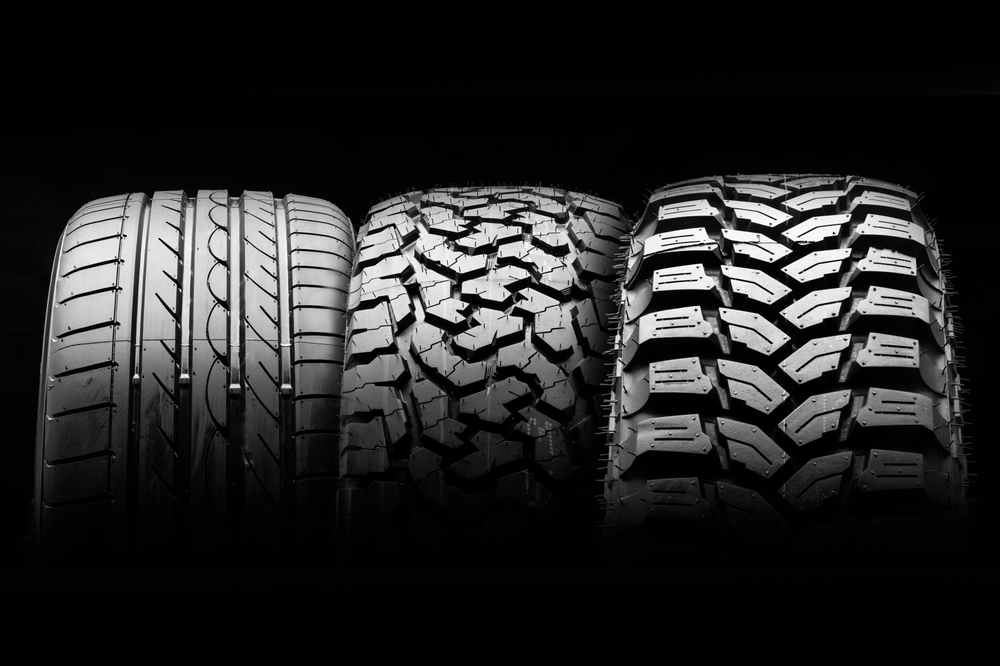
While all-season tires are versatile, they may not be the best choice for extreme weather conditions. In areas with heavy snow, ice, or extreme heat, specialized winter or summer tires provide better traction and safety. Using the right tire for your climate ensures better performance and extends the life of your tires. Don’t rely on all-season tires if you regularly face extreme conditions.
Washing Your Car Isn’t Necessary for Longevity
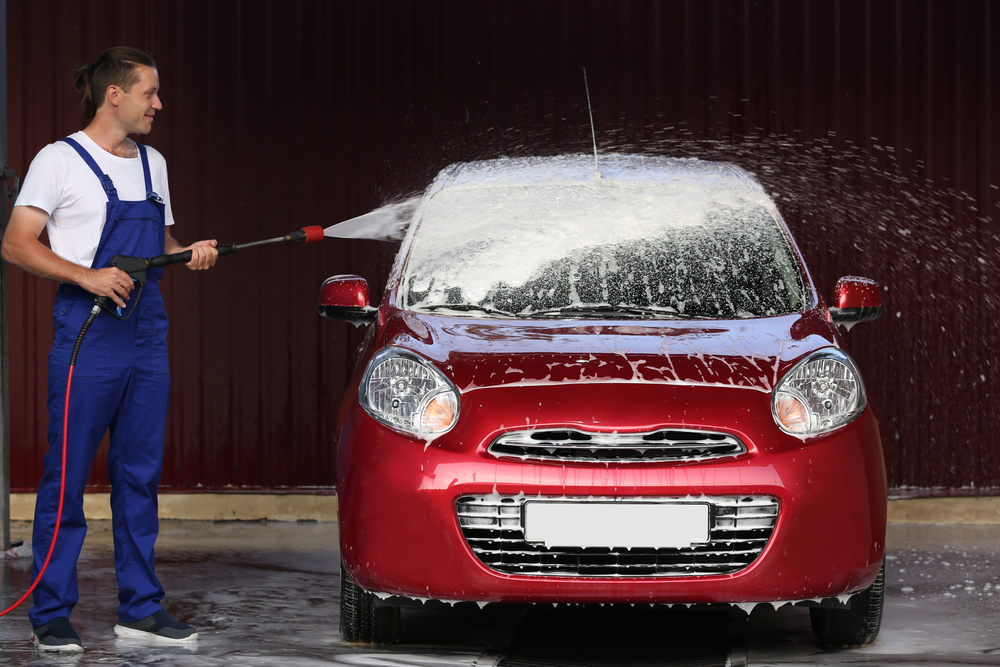
Some people think washing their car is purely cosmetic, but it actually helps protect your vehicle from corrosion. Dirt, grime, and especially road salt can eat away at your car’s paint and metal, leading to rust. Regular washing, especially in winter or coastal areas, helps preserve your car’s appearance and structural integrity. Keeping it clean isn’t just about looks—it’s about protecting your investment.
Engine Flushes Are Required at Every Oil Change
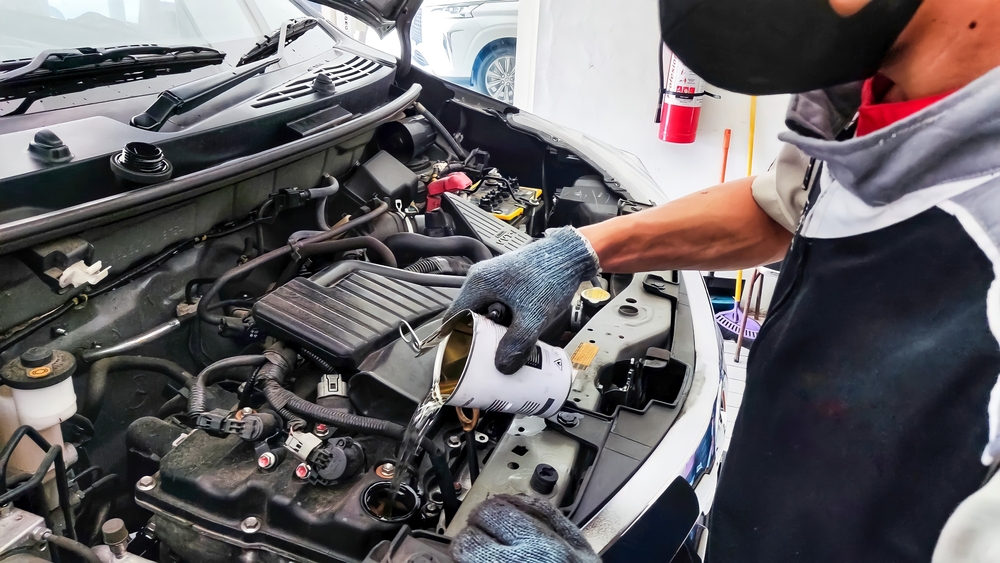
Engine flushes are marketed as a must-do with every oil change, but they are often unnecessary for well-maintained cars. In fact, flushing the engine too often can disturb sludge deposits that aren’t causing harm and risk clogging vital components. Unless your mechanic specifically recommends it due to sludge buildup, it’s generally better to skip the flush. Regular oil changes are usually enough to keep your engine clean.
Air Conditioning Systems Don’t Need Maintenance
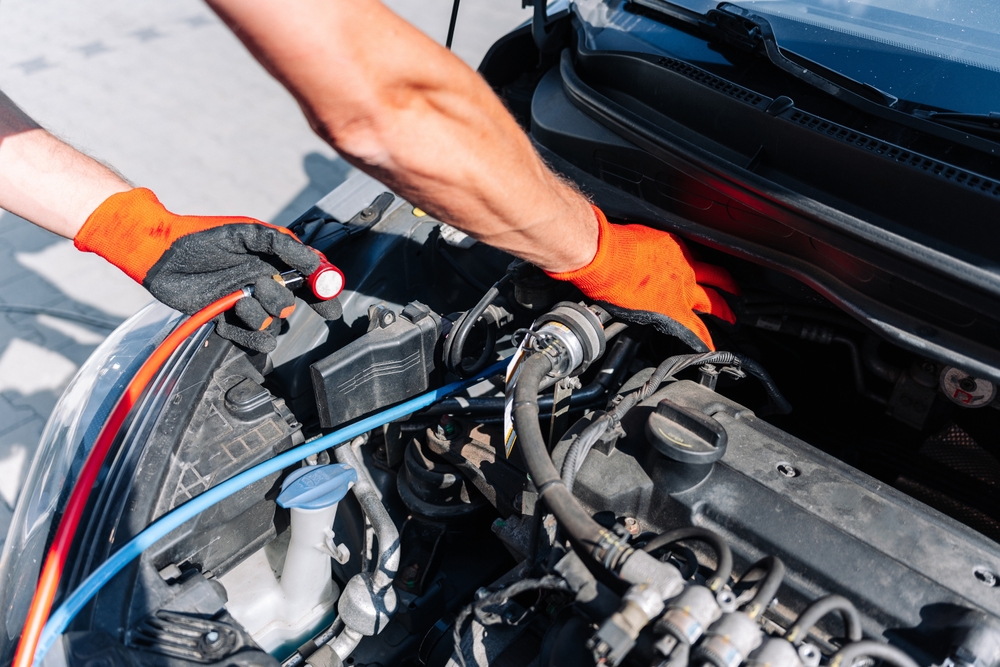
Air conditioning might be overlooked until it stops working, but it benefits from regular upkeep. Refrigerant can leak over time, and components like the compressor or condenser can wear out, reducing the system’s efficiency. Regular A/C checks ensure that it stays running smoothly, especially during the hot summer months. Proper maintenance can also prevent expensive repairs down the road.
Newer Cars Don’t Need Maintenance as Frequently

Even though modern cars are built to last longer, that doesn’t mean they’re maintenance-free. Neglecting routine tasks like oil changes, tire rotations, and fluid checks can still lead to major problems. Sticking to your car’s recommended maintenance schedule ensures everything runs smoothly and helps prevent costly issues from developing later. New technology doesn’t eliminate the need for regular care.
The Check Engine Light Always Means an Expensive Repair
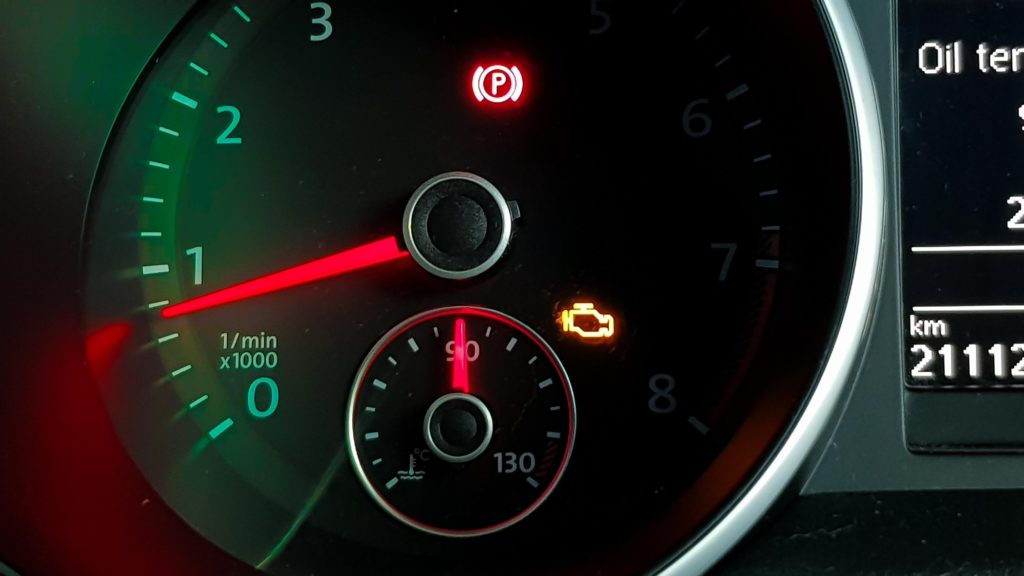
When the check engine light appears, many assume it signals a major problem. However, this warning light can be triggered by something as simple as a loose gas cap or a minor sensor issue. While it’s important to have it checked, not all check engine lights result in expensive repairs. Addressing the problem early can help avoid serious damage down the line.
DIY Repairs Are Always Cheaper
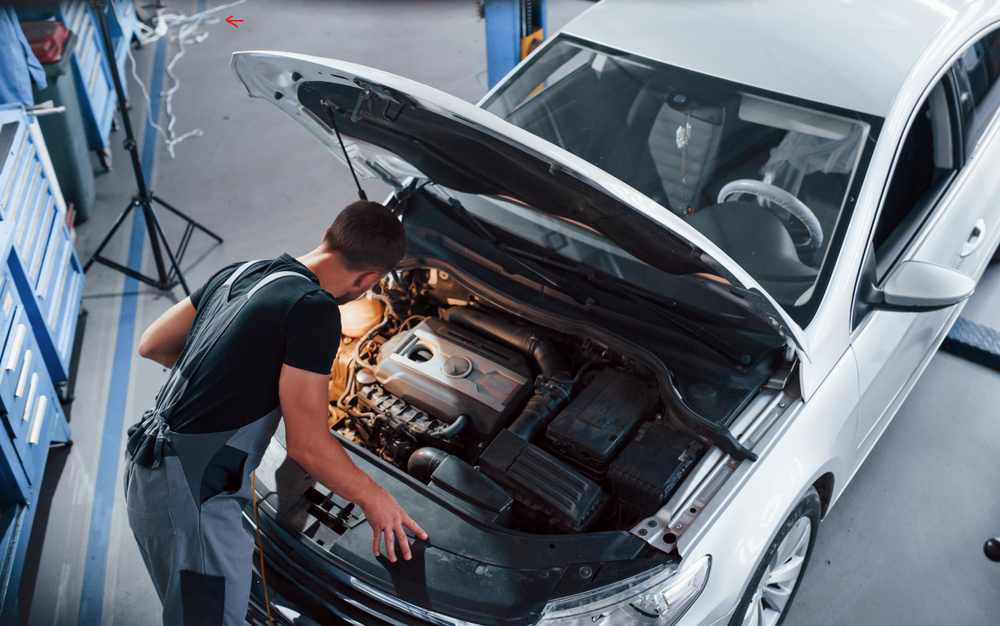
While do-it-yourself car repairs might seem like a way to save money, they can sometimes end up costing more. Some repairs, especially those involving brakes, electrical systems, or engine components, require specialized knowledge and tools. A small mistake can lead to bigger problems and more expensive repairs later. In many cases, it’s worth paying a professional to ensure the job is done correctly.
This article originally appeared in MyCarMakesNoise.
More from MyCarMakesNoise
25 Motorcycles That Became Cultural Icons

Motorcycles have always held a special place in the hearts of enthusiasts and pop culture alike. From the roaring engines to the sleek designs, these machines have transcended their utilitarian roots to become symbols of freedom, rebellion, and adventure. Read More.
25 Trains That Set New Standards in Rail Travel Worldwide
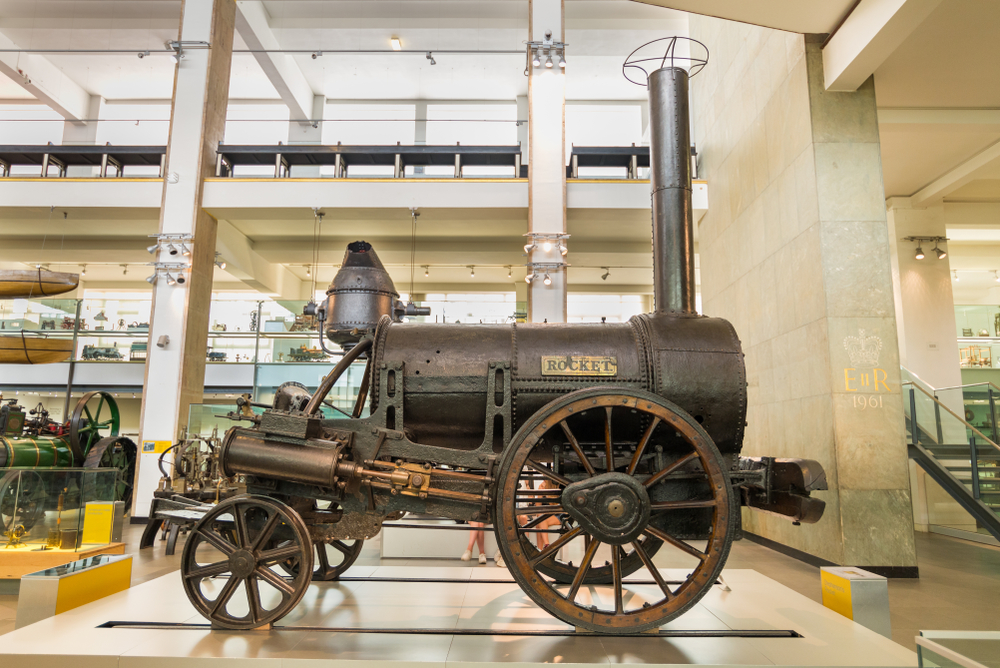
Rail travel has been a cornerstone of global transportation for centuries, evolving through remarkable innovations. From the early steam engines to today’s high-speed marvels, certain trains have played pivotal roles in revolutionizing how we travel. Read More.
17 Frequent Blunders to Avoid During Car Maintenance
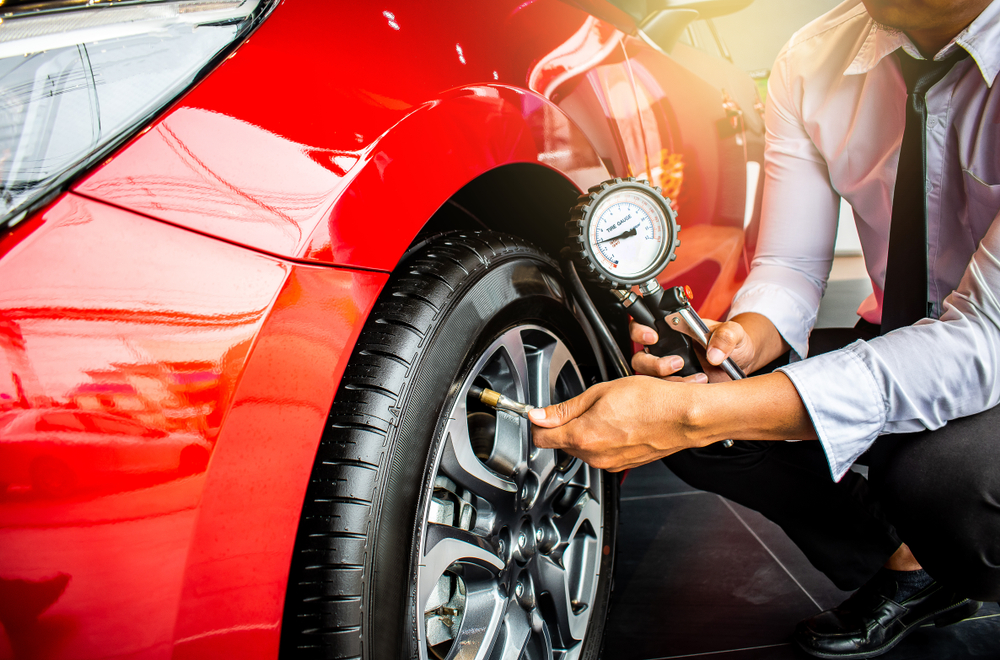
Maintaining your car properly is crucial for its performance and longevity. However, many car owners make common mistakes that can lead to costly repairs and unsafe driving conditions. Read More.









